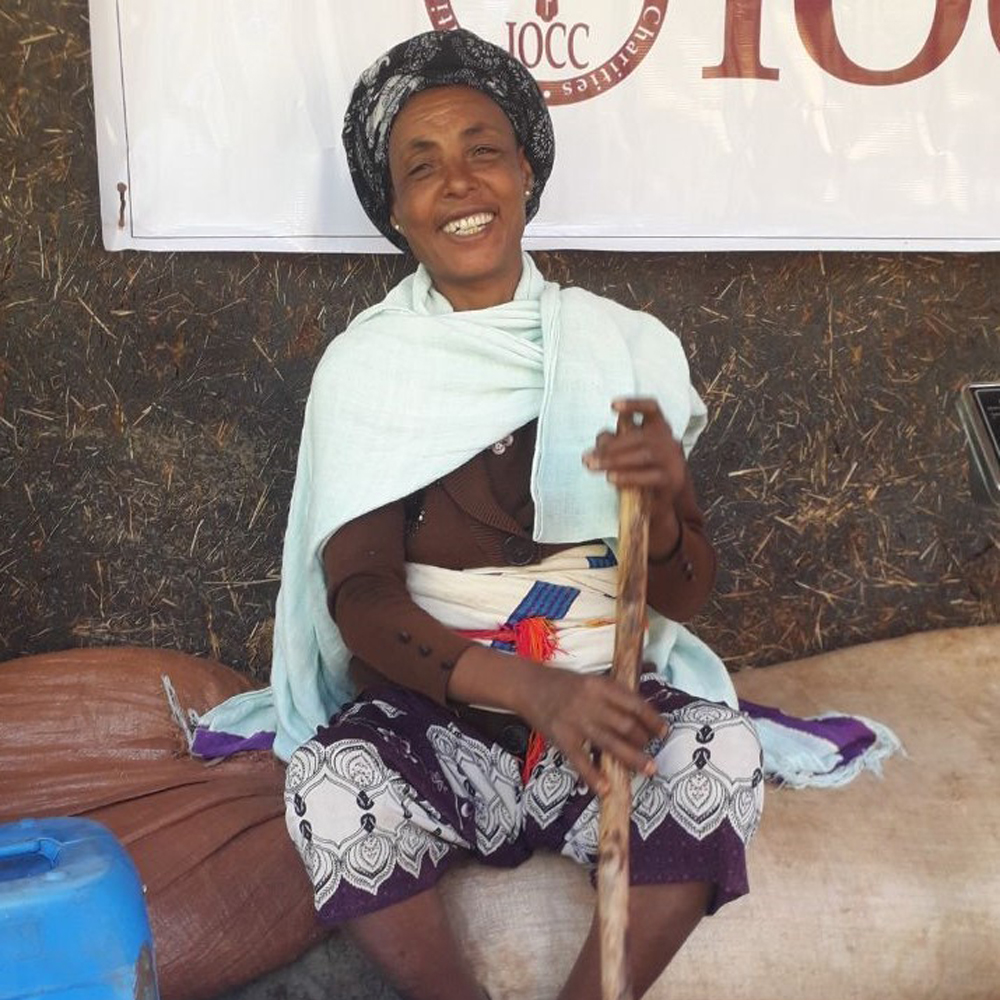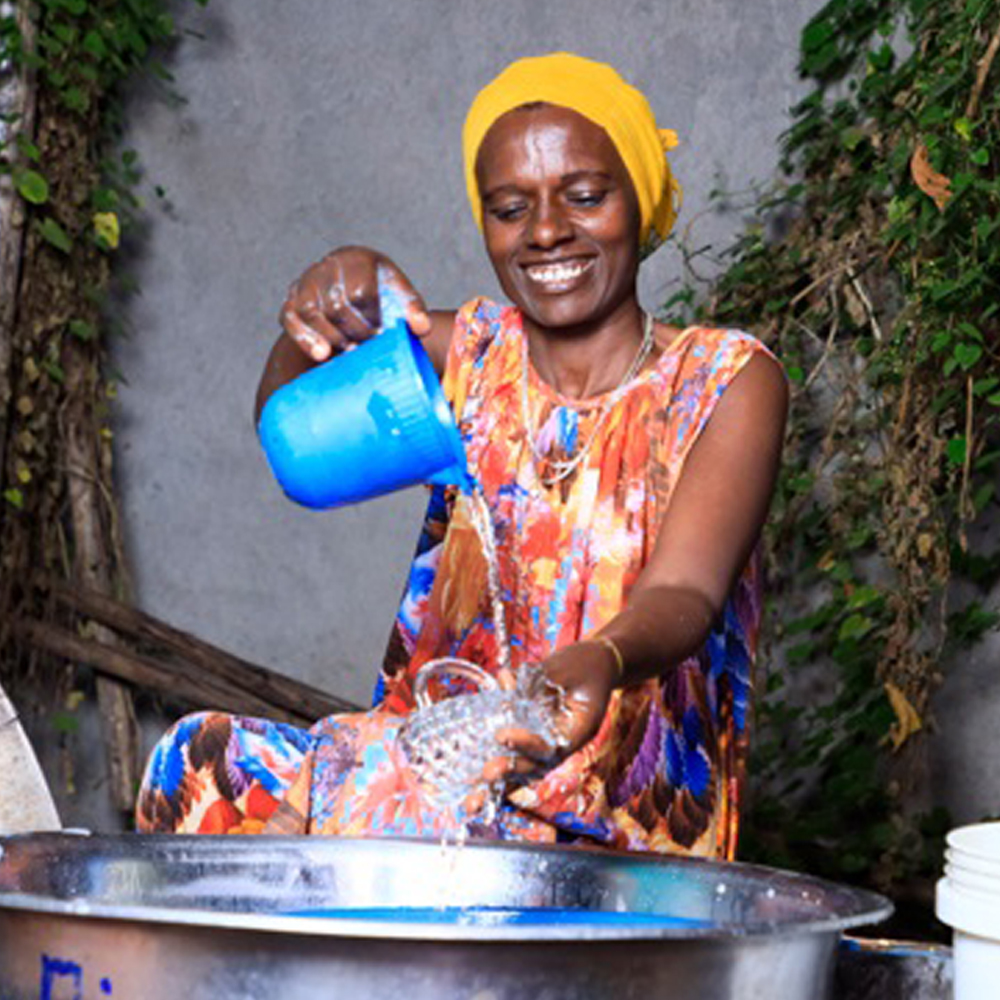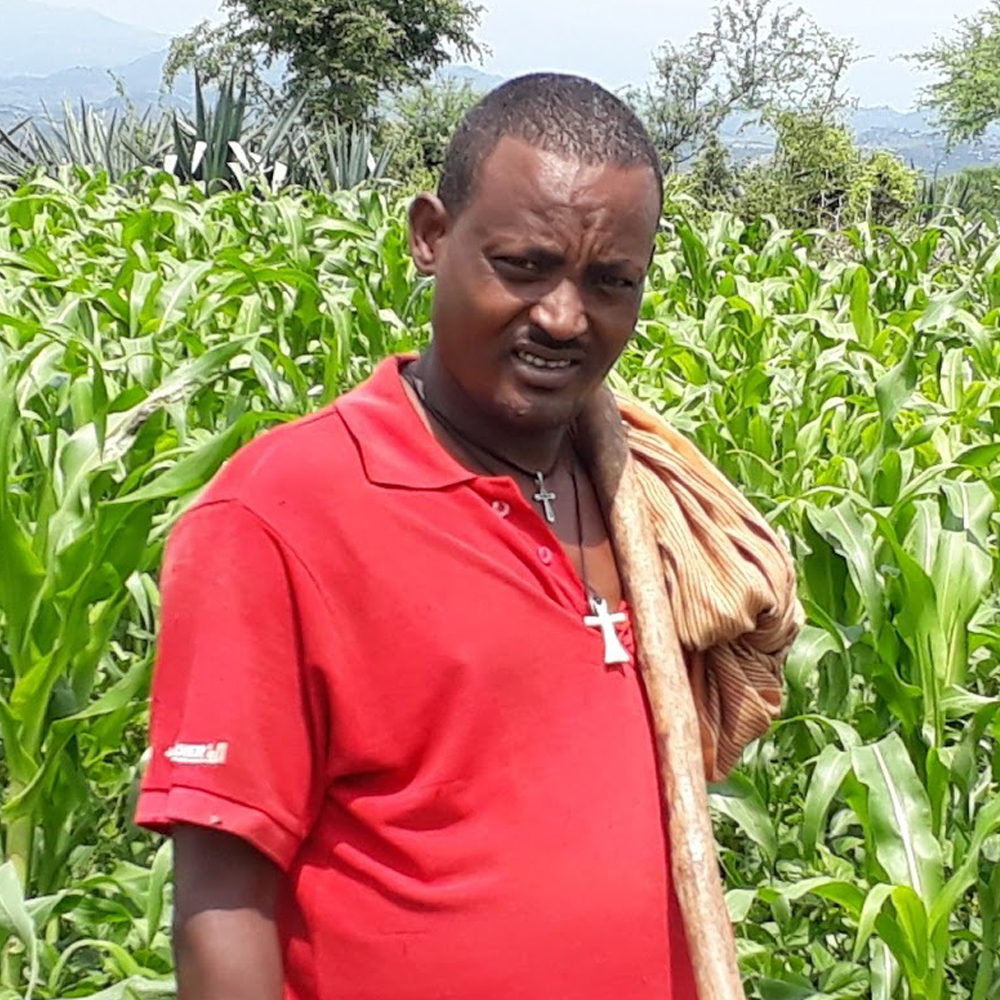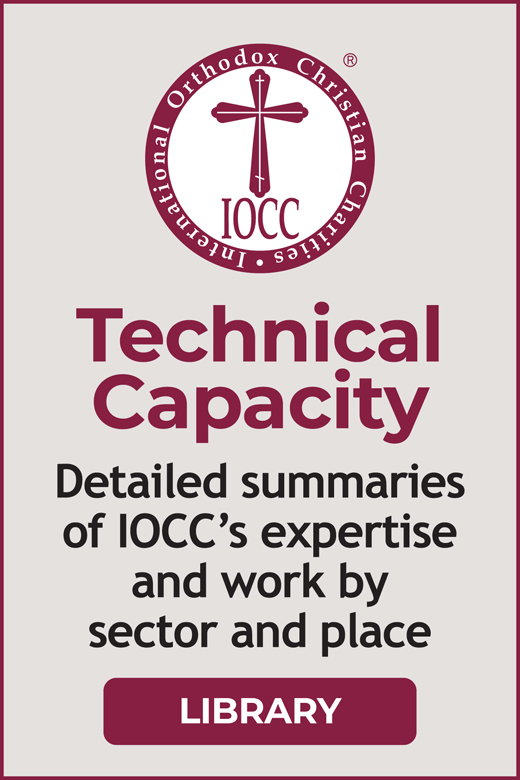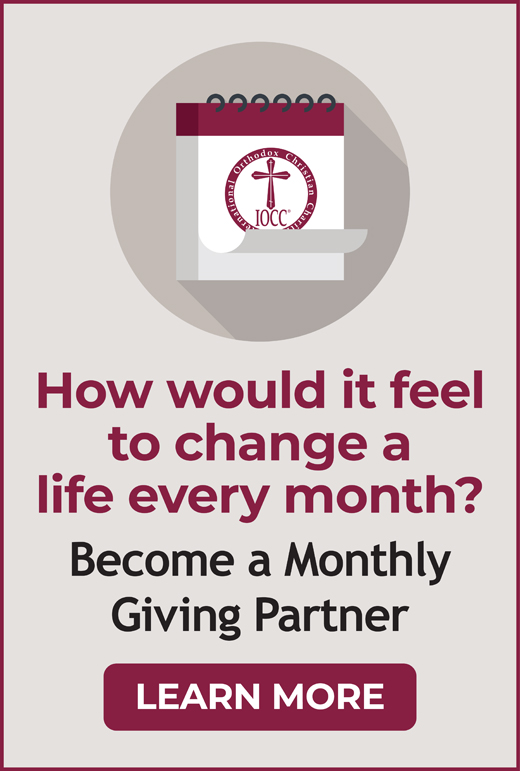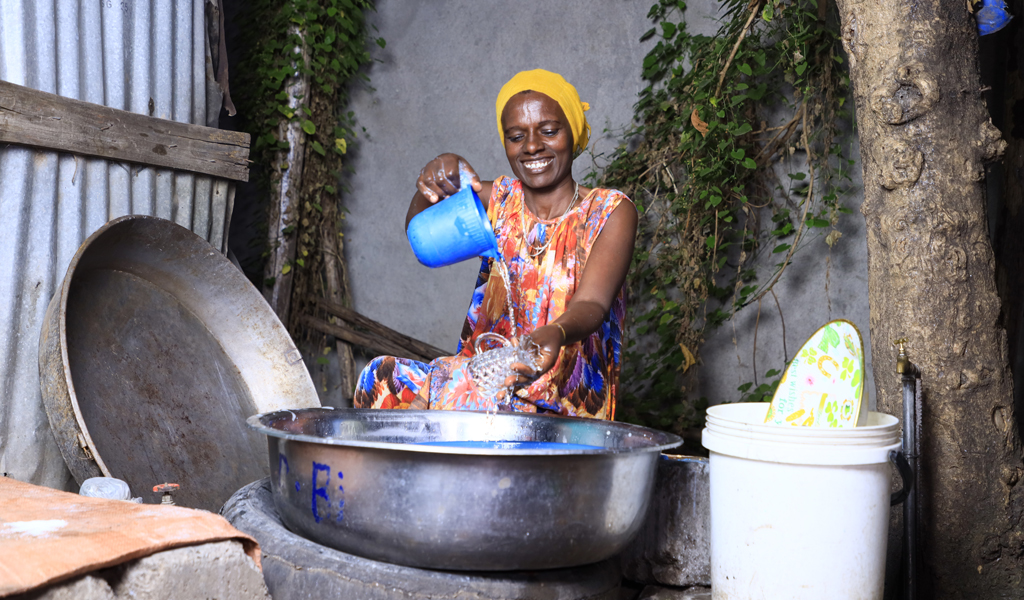
IOCC began working in Ethiopia in 2001, partnering closely with the Ethiopian Orthodox Church Development and Inter-Church Aid Commission (EOC-DICAC). Since then, IOCC has worked with the Church to access and mobilize communities throughout the country, as well as with international and local NGOs, to provide humanitarian and development assistance.
Emergency Response
IOCC has supported drought- and conflict-affect communities in Ethiopia, as well as South Sudanese refugees and their Ethiopian host communities, by offering thousands improved access to safe water and sanitation facilities, plus emergency nutrition support especially for women and small children. In addition, hygiene material, blankets, psychosocial and emotional support projects have helped improve well-being of those affected.
Improving Food Security & Livelihoods
IOCC is helping adolescent girls and women in areas hit by conflict gain skills and start microbusinesses to support themselves. Following destructive desert-locust infestations, IOCC provided a system implementing a system for farmers to purchase food and household items, plus seeds to revive their crops.
Tackling a Neglected Disease
Since 2010, IOCC has worked to alleviate podoconiosis, a painful swelling of lower legs and feet caused when bare feet are exposed continuously to silicates in some soils. IOCC has expanded prevention and care to new places, offered education to raise awareness and reduce stigma, and trained both health professionals and patients in treatment.
Working with the Church for Change
From 2004 to 2013, IOCC reached over 12 million Ethiopian men and women with HIV/AIDS prevention and awareness messages. Mobilizing communities through EOC-DICAC, the long-term $15 million project also screened 22,000 pregnant mothers and 12,000 male partners for HIV.
Expanding Support to Address Urgent Needs in Ethiopia
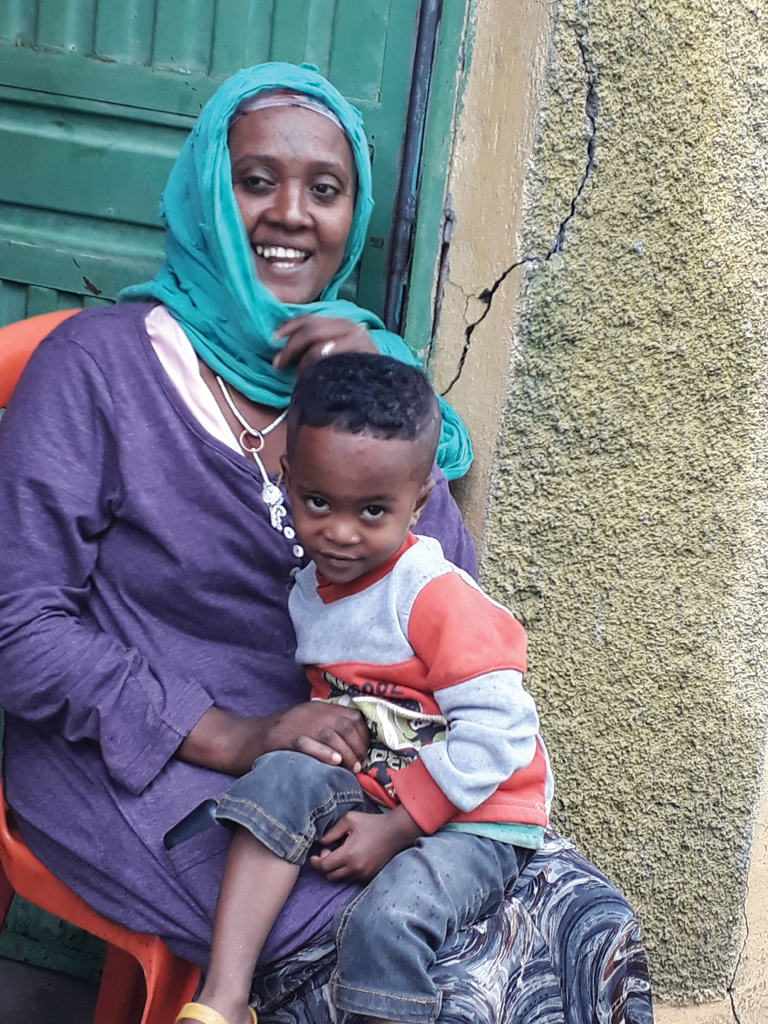
Supplying Critical Nutrition for Children
IOCC has been serving in Ethiopia for decades and is now expanding with a new program to address the urgent food insecurity issues that have resulted from a series of complex crises, including conflict, the pandemic, drought, and a once-in-a-decade locust infestation. These intersecting crises have reduced crop yield and driven up food prices—all of which have increased food insecurity for families and households that were already struggling.
Jennet, a 28-year-old mother of two, lives in the northern region of Amhara. Concerned for the welfare of her two-year-old son, Kalid, she took him in for screening by IOCC’s emergency health and nutrition program. Using a measurement of his mid-upper-arm circumference and other assessment tools, staff found that Kalid was malnourished and needed treatment.
Kalid was immediately placed into a nutritional support program where he received regular checkups, plus dense, highly nutritious foods to help him get back to a healthy weight. Jennet got emergency food support for her family, plus cooking and nutrition education. As she described it, “When I came to this food distribution center, I also received lessons about how to prepare nutritious meals … to keep my kids healthy.”
After starting the IOCC program, Kalid made great strides. His weight and arm measurements improved, and, before long, he had fully recovered and was discharged from treatment. Today, he is healthy, happy, and active.
Kalid and Jennet are just two of the 2,600 people in Amhara who received help through this IOCC project, which serves children under five, pregnant women, and nursing mothers. As Ethiopia strives to overcome numerous crises, IOCC is expanding its work to serve thousands more.


